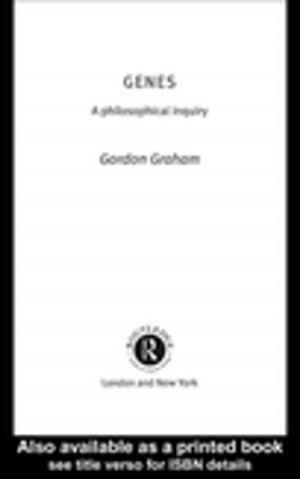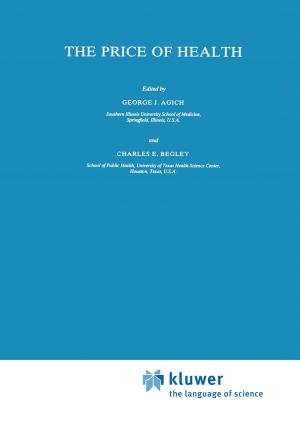The Pith of Life: Aphorisms in Honor of Liberty
Nonfiction, Reference & Language, Reference, Quotations, Religion & Spirituality, Philosophy| Author: | Jakub Bozydar Wisniewski | ISBN: | 9781310959448 |
| Publisher: | Jakub Bozydar Wisniewski | Publication: | July 3, 2015 |
| Imprint: | Smashwords Edition | Language: | English |
| Author: | Jakub Bozydar Wisniewski |
| ISBN: | 9781310959448 |
| Publisher: | Jakub Bozydar Wisniewski |
| Publication: | July 3, 2015 |
| Imprint: | Smashwords Edition |
| Language: | English |
This book contains a collection of aphorisms grouped into six sets of topics, all related to the overarching topic of liberty and useful in highlighting its various facets.
Liberty is the central element of human nature. It is the essence of will, the source of creativity, and a prerequisite of virtue. As such, it is also the driving force of civilization and the foundation of any working society. And yet, being an abstract concept, its precise nature is often inadequately understood. This is unfortunate, since, while liberty can work its miracles when used by those who understand it only on an intuitive level, it remains fragile until it is comprehended on a deeper, philosophical level as well.
Luckily, there exists a substantial literature whose aim is to promote this second, more robust kind of understanding. This book aspires to contribute to the literature in question, especially to this branch of it that puts particular emphasis on the pithiness and lucidity of the conveyed message. This is where the form of aphorism, with its motto of maximum content in minimum space, becomes particularly useful, especially given the information age’s healthy preference for brevity. The beauty of an aphorism is that it does not have to sacrifice brevity for depth, just as liberty does not have to sacrifice efficiency for equity: their best features reinforce one another rather than being opposed. Perhaps in this sense liberty is the most aphoristic of human qualities and the aphorism is the most libertarian of literary forms. In other words, perhaps the message of liberty – the pith of our life – is particularly well suited to be conveyed in a literary form that, at its best, is as pithy as it is lively. This book puts this proposition to the test.
This book contains a collection of aphorisms grouped into six sets of topics, all related to the overarching topic of liberty and useful in highlighting its various facets.
Liberty is the central element of human nature. It is the essence of will, the source of creativity, and a prerequisite of virtue. As such, it is also the driving force of civilization and the foundation of any working society. And yet, being an abstract concept, its precise nature is often inadequately understood. This is unfortunate, since, while liberty can work its miracles when used by those who understand it only on an intuitive level, it remains fragile until it is comprehended on a deeper, philosophical level as well.
Luckily, there exists a substantial literature whose aim is to promote this second, more robust kind of understanding. This book aspires to contribute to the literature in question, especially to this branch of it that puts particular emphasis on the pithiness and lucidity of the conveyed message. This is where the form of aphorism, with its motto of maximum content in minimum space, becomes particularly useful, especially given the information age’s healthy preference for brevity. The beauty of an aphorism is that it does not have to sacrifice brevity for depth, just as liberty does not have to sacrifice efficiency for equity: their best features reinforce one another rather than being opposed. Perhaps in this sense liberty is the most aphoristic of human qualities and the aphorism is the most libertarian of literary forms. In other words, perhaps the message of liberty – the pith of our life – is particularly well suited to be conveyed in a literary form that, at its best, is as pithy as it is lively. This book puts this proposition to the test.















